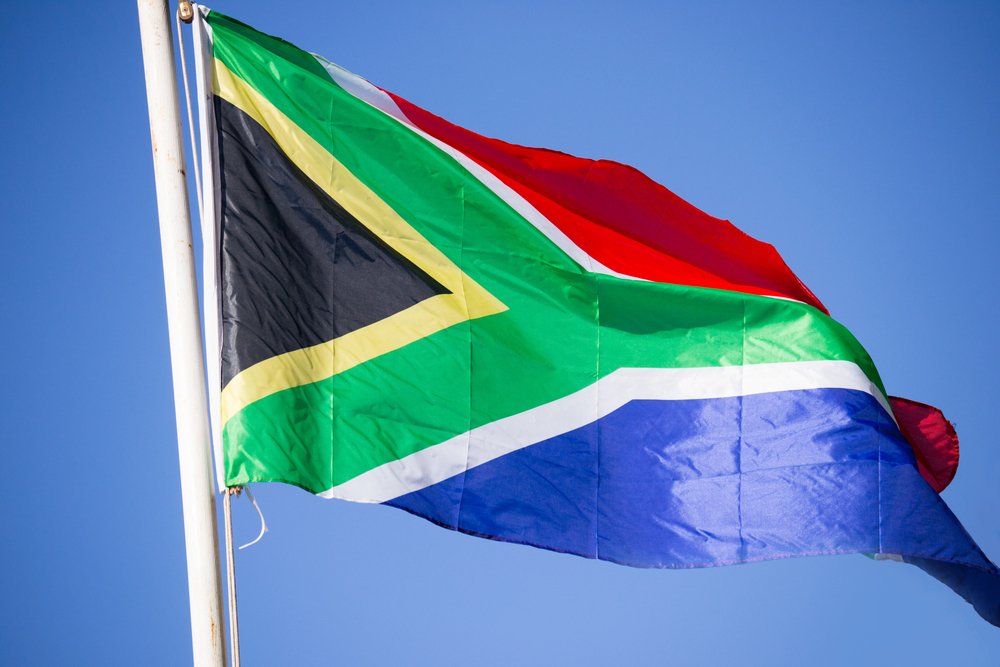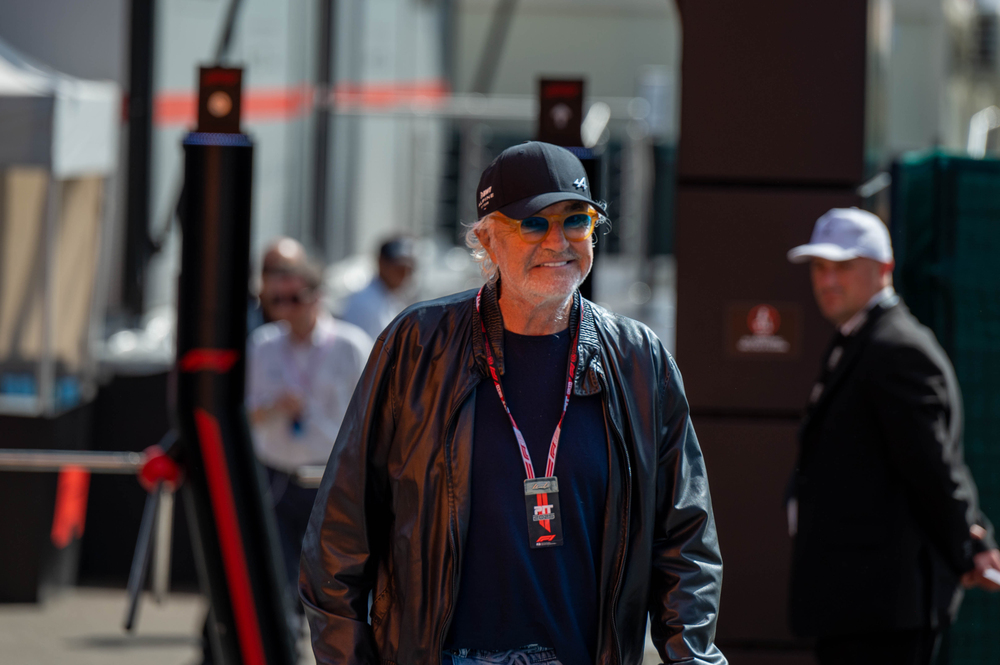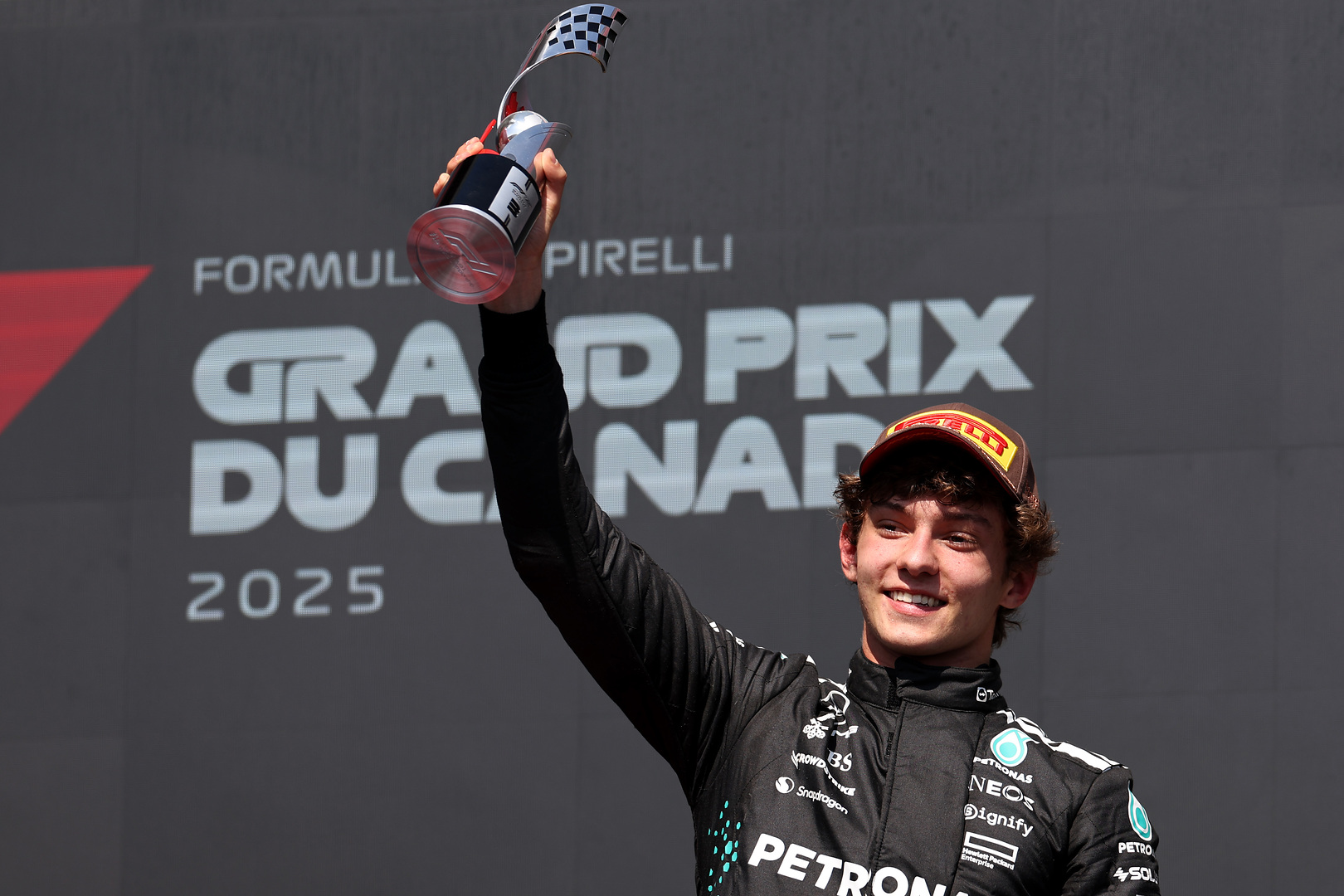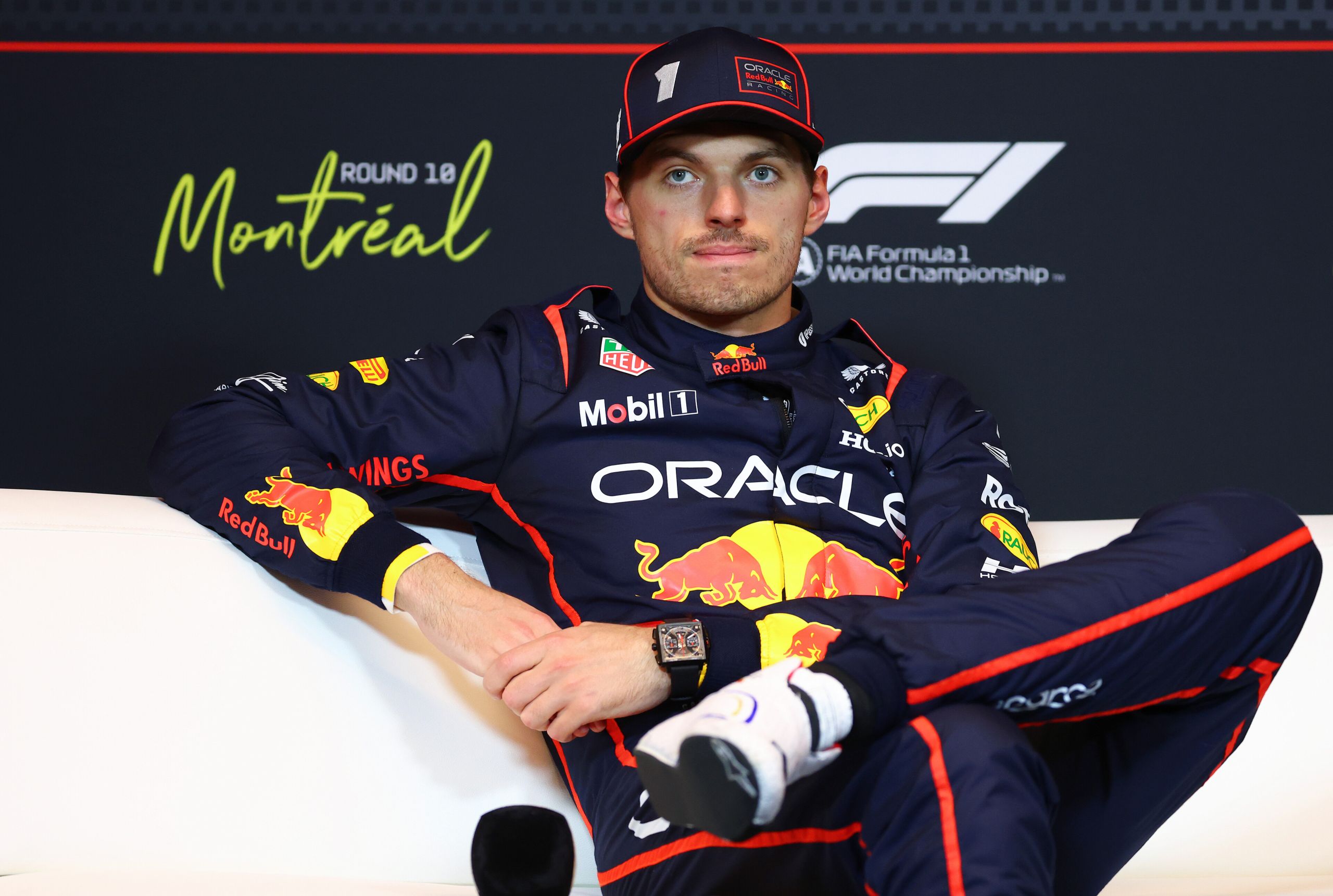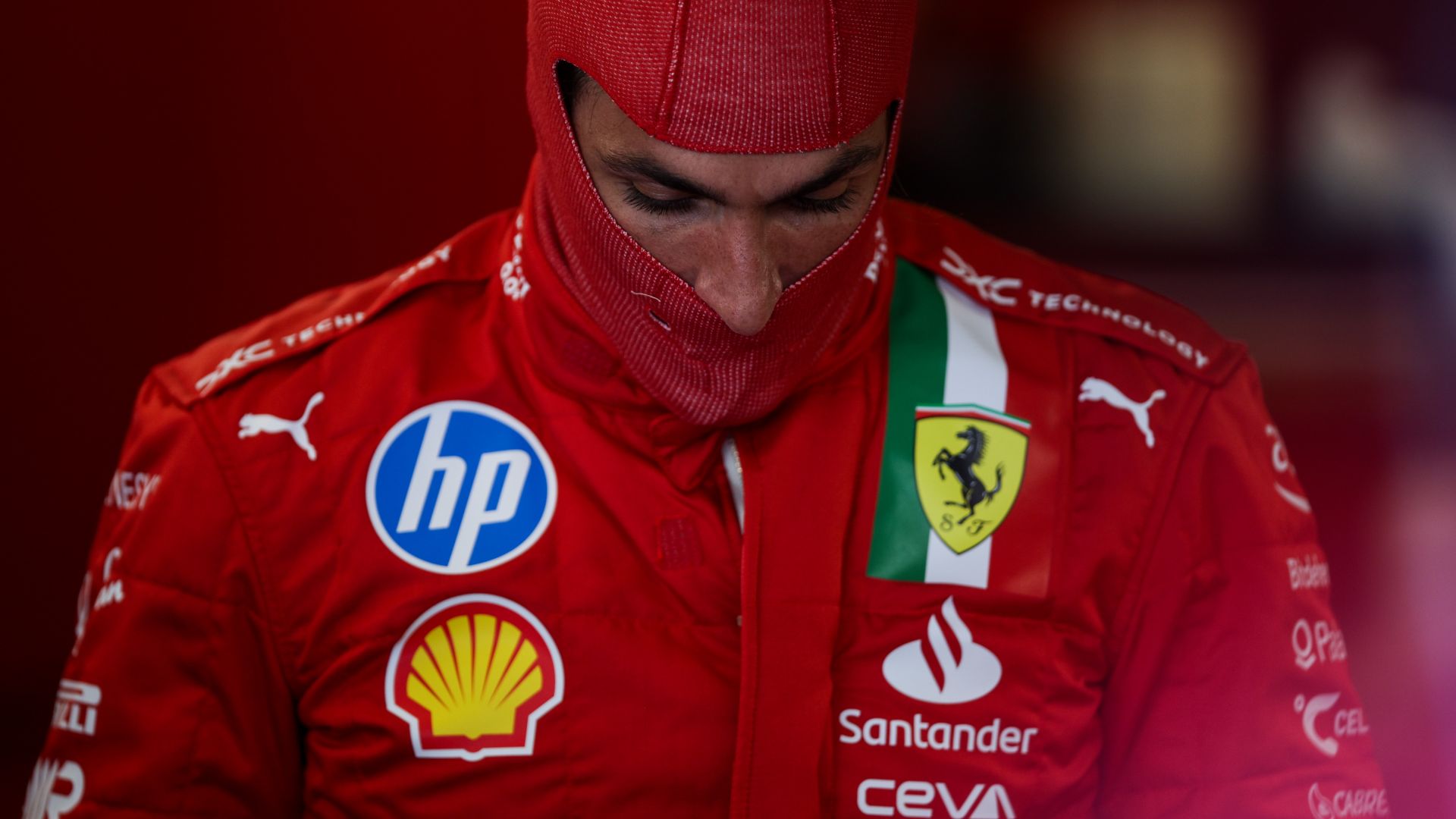
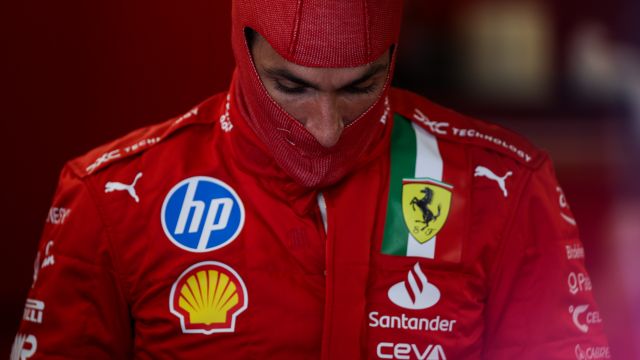
Formula 1 has always been an expensive sport. It takes millions to design, test, and perfect a car capable of competing at the pinnacle of motorsport. Sponsors have long played a role in keeping the wheels turning, but the balance between passion and profit has increasingly shifted. The decision by Ferrari to replace Carlos Sainz, the sole winner outside of Red Bull in 2023, with a 40-year-old Lewis Hamilton is more than just team strategy––it is emblematic of a troubling trend in Formula 1.
This is no longer a sport primarily about the visceral thrill of the race, the genius of engineers, or the grit of drivers. Instead, it’s about sponsorships, brand alignments, and financial optics. Decisions like these suggest that Formula 1 is turning into a corporate chessboard rather than a racing battleground.
Sainz’s performance in the 2023 and 2024 seasons spoke for itself. Yet, in Ferrari’s calculative boardroom, that wasn’t enough. John Elkann’s decision to bring in Lewis Hamilton for 2024 wasn’t based on race-day performances or potential. It was about the revenue Hamilton’s global superstar status could generate. Ferrari has always been about history, but at what cost?
With critics like Eddie Jordan labelling the move “madness”, accusing Ferrari chairman John Elkann of having “rocks in his head”. By sidelining a driver like Sainz, who is in his prime, for Hamilton, whose best days arguably lie behind him––whether we want to accept it or not––Ferrari risks sending a message that profit margins matter more than results.
This isn’t a critique of Hamilton’s legendary status. His seven world championships, 105 race wins, and 202 podiums have ensured his place among the sport’s immortals. Rather, it’s broader examination of how priorities in Formula 1 are transforming, prioritising spectacle and marketability over pure sporting excellence.
This trend extends beyond Maranello. Modern Formula 1 is increasingly a carefully choreographed global entertainment product––a spectacle designed to appeal to the widest possible audience. Circuits are prioritised not for the racing challenges they present but for the “entertainment value” they bring. The rise of fan zones, Netflix dramas, and influencer-heavy paddocks isn’t inherently bad––it has brought a younger, more diverse audience to the sport. But what happens when the business becomes the star and the racing the afterthought?
Fans don’t watch Formula 1 to analyse sponsorship strategies and corporate synergies or admire Ferrari’s balance sheet. They come for the pulse-racing overtakes, the precision of pit stops, and those transcendent moments when drivers push themselves and their machines to extraordinary limits. Commercialisation has always been part of the sport, but when it becomes the defining narrative, the essence of Formula 1 is at risk.
Replacing Sainz with Hamilton is more than a simple driver swap––it’s a reflection of where F1 is headed. The allure of profits and global brand partnerships is powerful, but it threatens to chip away at the soul of the sport.
Formula 1 must ask itself what kind of future it wants. Is it a sport driven by passion, talent, and innovation, or a corporation obsessed with optics and profits? Fans will always support drivers like Hamilton, whose achievements transcend eras, but we cannot forget what the sport is about: racing.
Over-commercialisation risks alienating the very audience the sport seeks to attract. The soul of Formula 1 lies not in boardrooms or sponsorship deals but on the track––where 20 of the world’s most skilled drivers compete with unrelenting passion, creating moments that mean more than mere business metrics.
Ferrari’s choice of Hamilton over Sainz is a reminder of how far F1 has drifted from its roots. Now, it’s up to the sport to decide whether it can find its way back.
From F1 news to tech, history to opinions, F1 Chronicle has a free Substack. To deliver the stories you want straight to your inbox, click here.
New to Formula 1? Check out our Glossary of F1 Terms, and our Beginners Guide to Formula 1 to fast-track your F1 knowledge.


